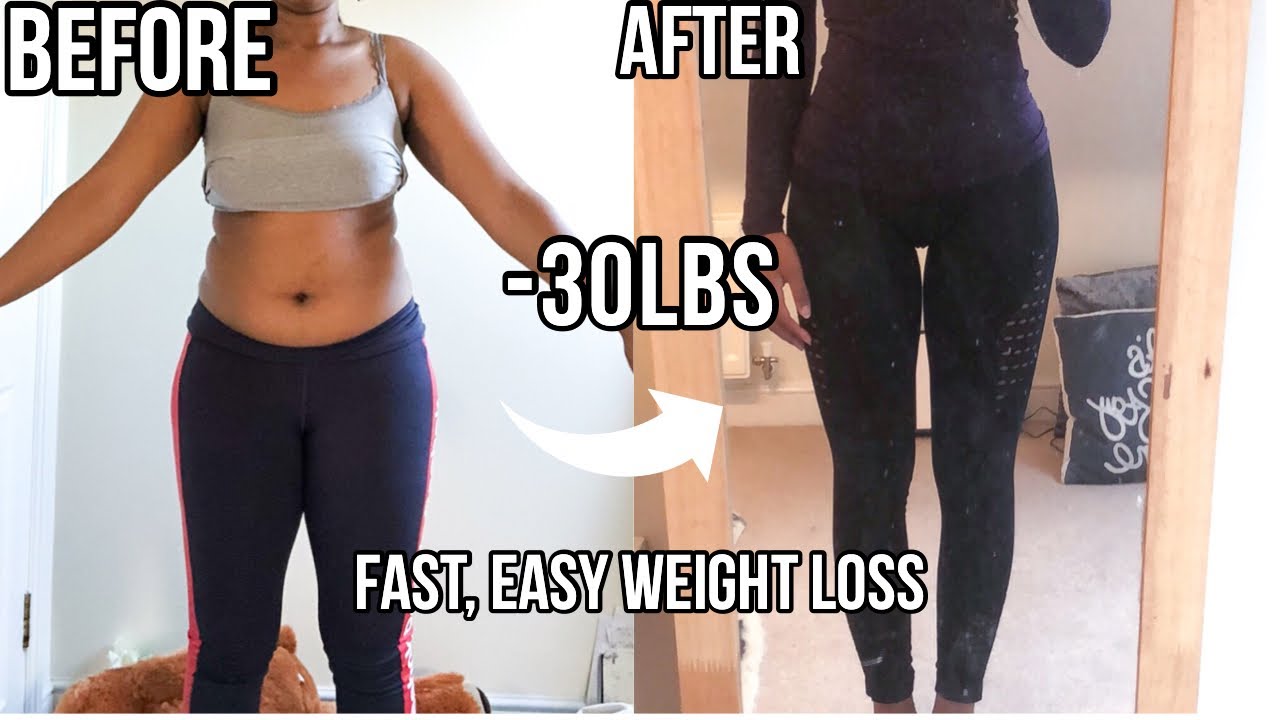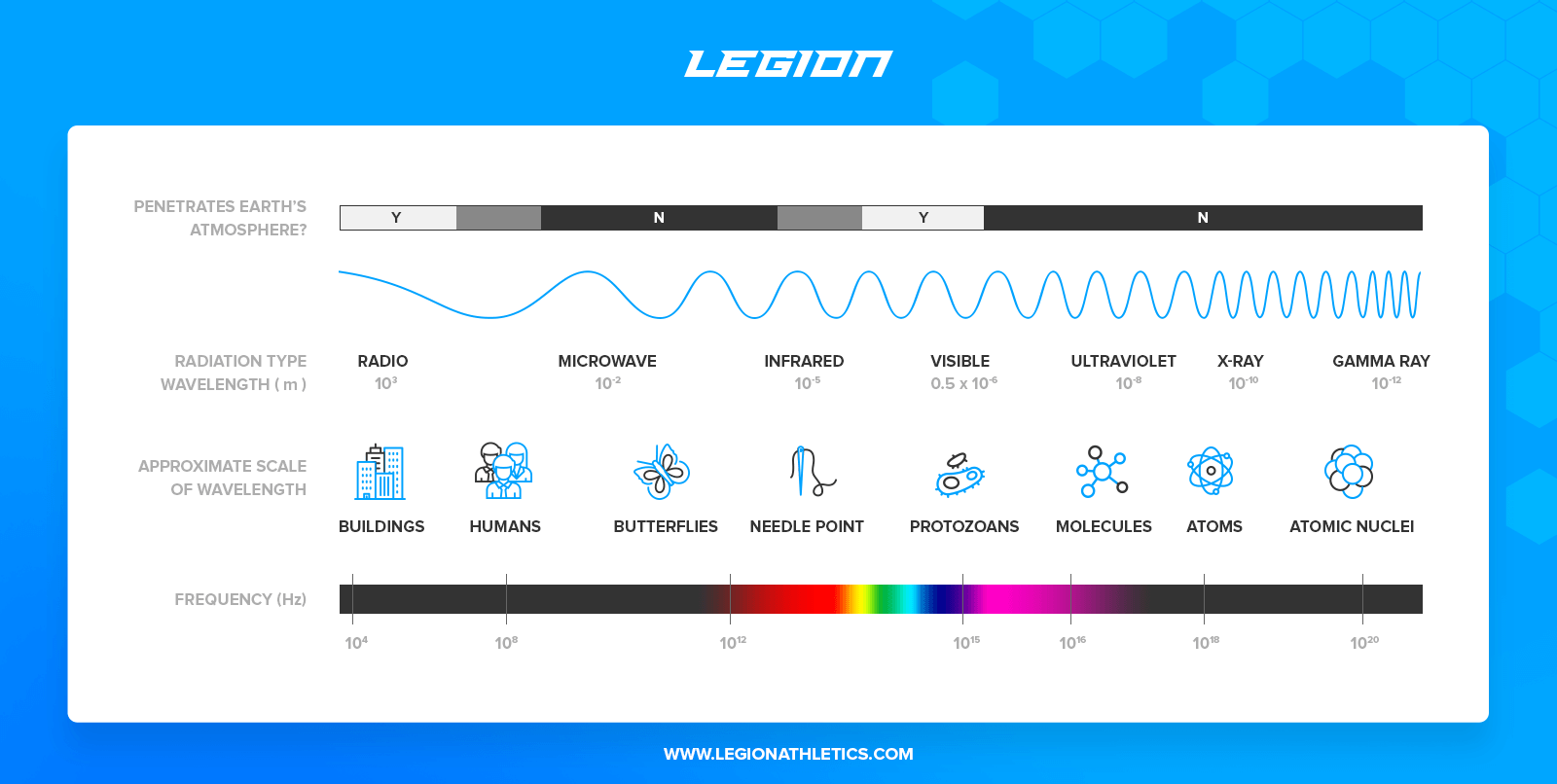
Many health experts agree that a low-fat diet can have many benefits. Here are some of them: Reduced risk of coronary heart disease, decreased risks of certain types of cancer, and an increased TG level. However, not all low-fat diets exclude non-lean dairy products and meats. There are some exceptions. These include nuts and seed. Some nuts and seeds can be tolerated in very small amounts.
Reduction in the risk of coronary artery disease
Many people believe red meat can increase your risk of heart disease. Recent research suggests that red meat consumption may not be the only factor. A study published in American Heart Association Journal suggests that low-fat diets could also be effective in preventing certain diseases. Their conclusion was based on a prospective study that surveyed 84,136 women age 30 to 55. These women were previously free from cardiovascular disease. Participants were also asked about their diets via a standard questionnaire.

Lower risk for certain types of cancer
Researchers who attempted to evaluate the impact of low-fat diets on cancer were disappointed. While they are in agreement that healthy eating habits and weight control are important, they couldn't prove that low fat diets lower certain cancers. Most women didn't meet the 20 grams of fat required by the diet. This meant avoiding butter on bread and cream cheese in bagels. It also meant that salad dressings should be limited in oil.
Reduced risk of cancer
Recent research suggests that a low level of fat can reduce breast cancer risk for women. Nearly 50,000 women participated in the study. It found that women with additional risk factors had a 21 percent lower chance of getting breast cancer if they eat low-fat foods. These factors included diabetes, high cholesterol levels, and high bloodpressure. Researchers noted that this is the very first intervention study to address this type.
Increased TG levels
According to a study published in The British Journal of Nutrition, TG levels can be increased by eating very low fat diets. Although the magnitude of this response can vary between people, it can be as high as 70% higher than the initial concentration. This could be due in part to the metabolism of CMs within the small intestine. More detailed research is required to fully understand the mechanisms of this phenomenon.
HDL levels lower
Researchers found that people who ate low fat diets showed lower HDL cholesterol levels. This was in line with the findings of apoA-I. According to the authors, low-fat diets had an effect on HDL cholesterol. This was due to subjects' dietary composition (protein, phospholipids and HDL C). Debbie Plaisance was a great editor and is greatly appreciated by the authors.

Absorption of essential vitamins is increased
A variety of foods can provide many nutrients, but not all. A variety of foods can increase the absorption of certain vitamins such as vitamin D. Fatty oil and fish oil are great sources. But, these nutrients are not all available in every food. There are many healthy alternatives. Sunflower butter, for example, contains healthy unsaturated fat and increases the absorption of fat-soluble vitamins.
FAQ
What Amount of Weight Can You Lose In A Week?
Your current body fat percentage will determine how much weight you can lose. First, calculate how much weight your goal weight is and then determine what your BMI (Body Mass Index). Your BMI indicates how much weight we should lose to achieve our goal. If your BMI is 25 or greater, you're overweight. If your BMI is 30 or higher, you're obese.
If you are 200 lbs, your BMI will be 28.7. This means that you'd need to lose around 70 pounds to get down to a healthy weight range. To see if you're overweight, visit www.healthyminds.com/bmi/.
Once you know your BMI, you can use this formula to figure out how many pounds you'll lose per week:
(Your Goal Weight - Current Weight)/BMI * 7 Number Of Pounds Lost Per Week
For 50 pounds to be lost in one month, it would take 2 weeks of exercise. 56 days is equivalent to 7 pounds per day. That's 8.3 pounds per week.
You could also try this calculator from www.weightlosscalculator.net. It will give you an approximate estimate of the calories you need to lose 1 pound each week.
How to make an exercise plan?
It is important to establish a routine. It is important to plan what you will do each morning and how much time you will be doing it. This helps to plan ahead and avoid procrastination.
Second, make sure that your workouts are varied. It is important not to get bored while exercising. This will cause you to lose interest and make it difficult for you to stick with it.
You also need to keep track of your progress. It is crucial to track how much weight has been lost or gained.
You can lose weight quickly if you do not gain weight. You may find it difficult to stay motivated if your weight increases.
You should find a balance between weight gain and weight loss. If you are unhappy about where you are, it will make you less likely to exercise.
How often do people fast?
Most people who follow a ketogenic diet fast once per week. Some people fast twice weekly. Others fast three-times per week.
There are many lengths to fasting. Some people fast for 24 or 48 hours, while others go for 48.
Some people may even stay awake for 72 hours. But, such extreme cases are rare.
Statistics
- According to Harvard Health, it's estimated that a 155-pound (70-kg) person burns around 167 calories per 30 minutes of walking at a moderate pace of 4 mph (6.4 km/h) (5). (healthline.com)
- According to Harvard Health, it's estimated that a 155-pound (70-kg) person burns roughly 112 calories per 30 minutes of weight training (5). (healthline.com)
- According to a study sponsored by the American Council on Exercise, a person weighing around 140 pounds (64 kg) would burn 108 calories at a 30-minute beginner's Pilates class or 168 calories at an advanced class of the same duration (26). (healthline.com)
- Another study found that 24 weeks of weight training led to a 9% increase in metabolic rate among men, which equated to burning approximately 140 more calories per day. (healthline.com)
External Links
How To
How to lose weight fast
There are many methods to quickly lose weight. But, many people find them ineffective and unsustainable. It is best to exercise and lose weight quickly through diet. Your daily calories should be less than your daily intake. This means eating fewer calories than what your body burns during normal activities. To lose weight quickly, you need to reduce your calorie intake.
Avoid foods high in fat and sugar as they can increase your appetite. Aim to drink plenty water each day. It helps to keep your body hydrated and maintains your metabolism at its highest. Combine these three things and you will see results faster than ever before!